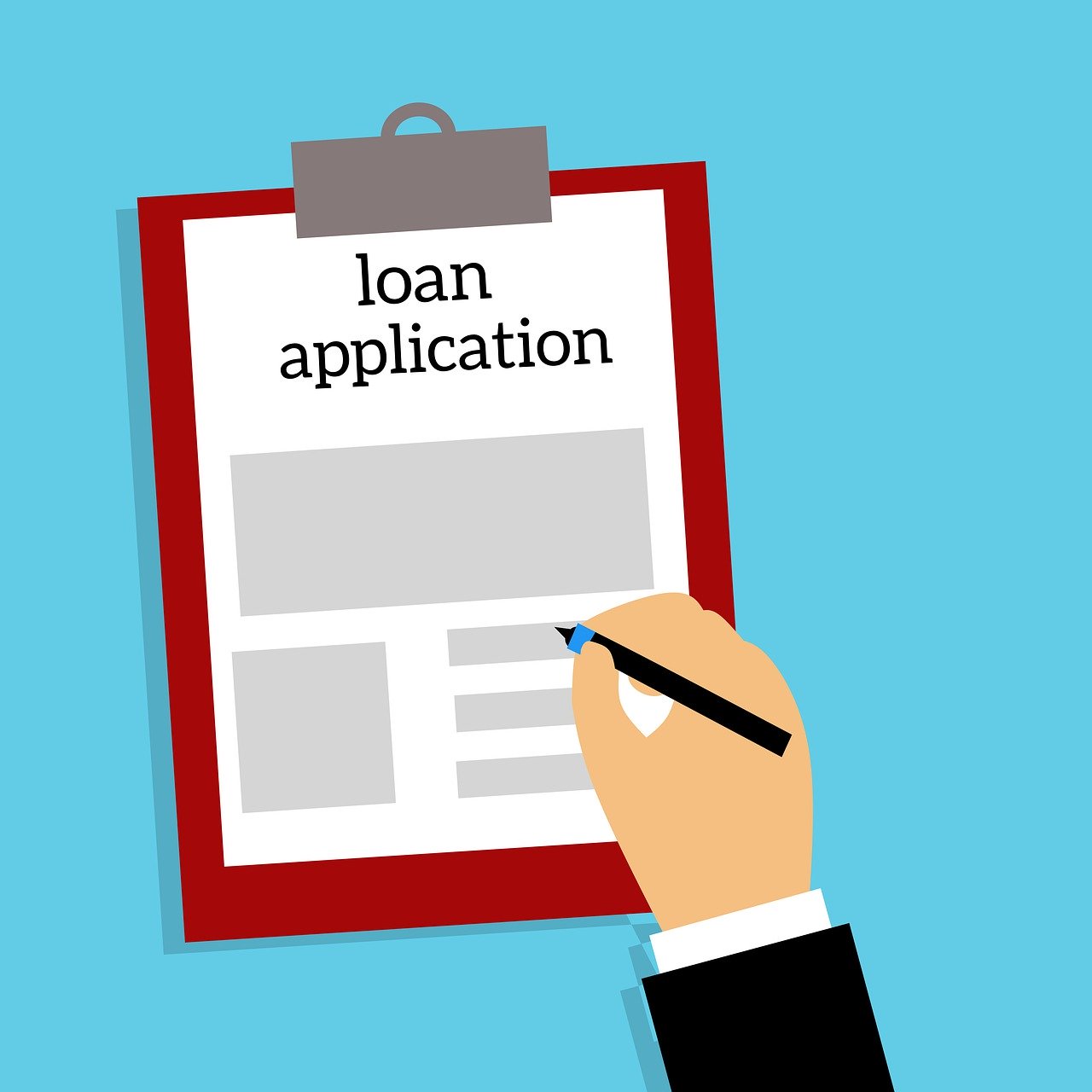By Stephanie Mojica
The $2.2 trillion CARES Act is the largest economic relief program in the history of the United States and has two primary programs to offer — the Paycheck Protection Plan (PPP) and the Economic Injury Disaster Loan (EIDL).
These programs, offered through the Small Business Administration (SBA), provide unprecedented economic relief for entrepreneurs, according to Rony Marootian. He is the Marketing Operations Manager for the Los Angeles-based tax preparation and financial consulting firm Robert Hall & Associates.
PPP loans are based on the average monthly payroll expenses of a business, multiplied by 2.5 and capped at $10 million, according to Marootian. They are intended to cover expenses for a business during any eight-week period between February 15, 2020 and June 30, 2020. PPP funds can be used for payroll costs, rents, mortgage interest, and utilities. If a business owner maintains a certain level of payroll expenses and employee numbers during that eight-week period, the loan is 100% forgiven; as employee numbers fall below those levels, the forgivable amount is phased out.

While business owners can get both the PPP and the EIDL, both loans cannot be used for the same purpose, Marootian said in a recent email interview with Realty411.
According to the U.S. Chamber of Commerce, “if you are able to secure a PPP loan, the $10,000 grant will be subtracted from the forgiveness amount.”
EIDLs (also known as emergency advance grants) are to be distributed within three days of a business’ application; however, the PPP program does not have deadlines for lenders to disburse loans, Marootian said.
“However, the purpose of these new programs is to get funds to small businesses struggling to stay open and keep employees paid due to COVID-19, so the CARES Act has provisions to reduce burdens in the processes and increase efficiency,” he added.
SBA PPP loans are disbursed by SBA-approved lenders. Due to the circumstances of the COVID-19 crisis, the SBA has given the U.S. Department of the Treasury and the SBA the ability to grant temporary SBA-lender status to lenders that do not currently participate in the program; this will allow more loans to be approved and disbursed as quickly as possible. The SBA does not issue PPP loans, but instead guarantees them to the lender. However, the SBA directly administers EIDLs.

“Based on our experience, we’ve not seen the government provide such a rapid response to help small businesses,” Marootian said.
“The purpose of these new programs is to keep small businesses afloat and get funds to small businesses who are struggling to continue to pay employees, so it was imperative that they responded quickly.”
According to the CARES Act, a small business is any business that operates with 500 or fewer employees. In some industries, the size may be expanded by the SBA. Self-employed professionals, independent contractors, and sole proprietors also qualify, according to Marootian.
“The SBA does not currently have an industry size standard for employee numbers for real estate brokerages, property managers, appraisers, or other activities related to real estate,” Marootian said.
Sole proprietors and “gig economy” workers will have to provide documentation to prove eligibility, including payroll tax filings to the IRS, Forms 1099-MISC, and income and expenses from the sole proprietorship, according to Marootian.
Marootian emphasized the importance of not pursuing any financial programs or making any business-related expenditures without some level of professional guidance.
“With so much uncertainty, be sure to speak to your accountant and financial advisor to review your options before you spend any money during this time,” Marootian added.
To find more information about the PPP loan program, please visit: https://www.sba.gov/funding-programs/loans/coronavirus-relief-options/paycheck-protection-program-ppp
To find more information about the EIDL, please visit: https://covid19relief.sba.gov
Robert Hall & Associates is currently offering complimentary consultations about taxes and other financial concerns. For more information, call 818-242-488 or email [email protected].








